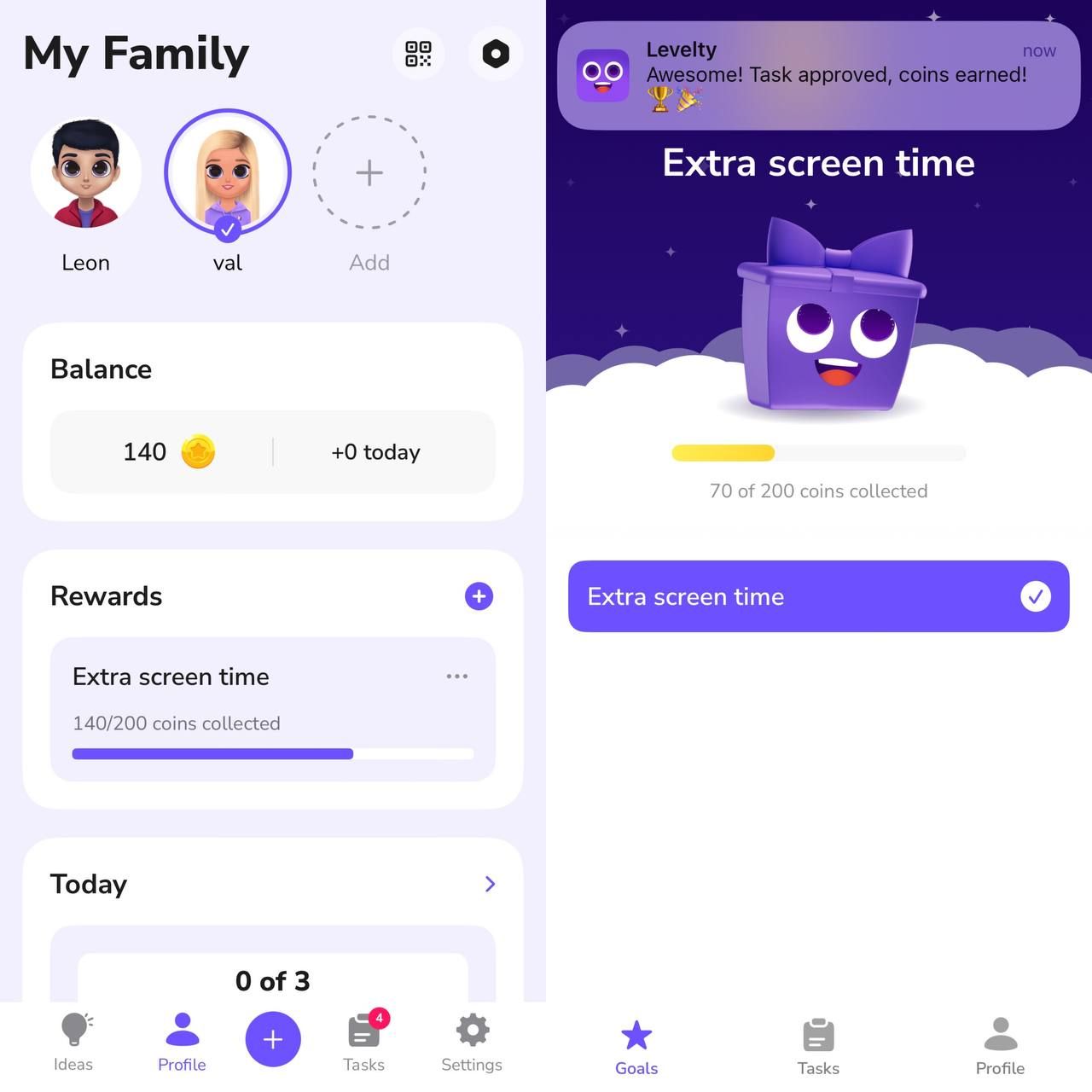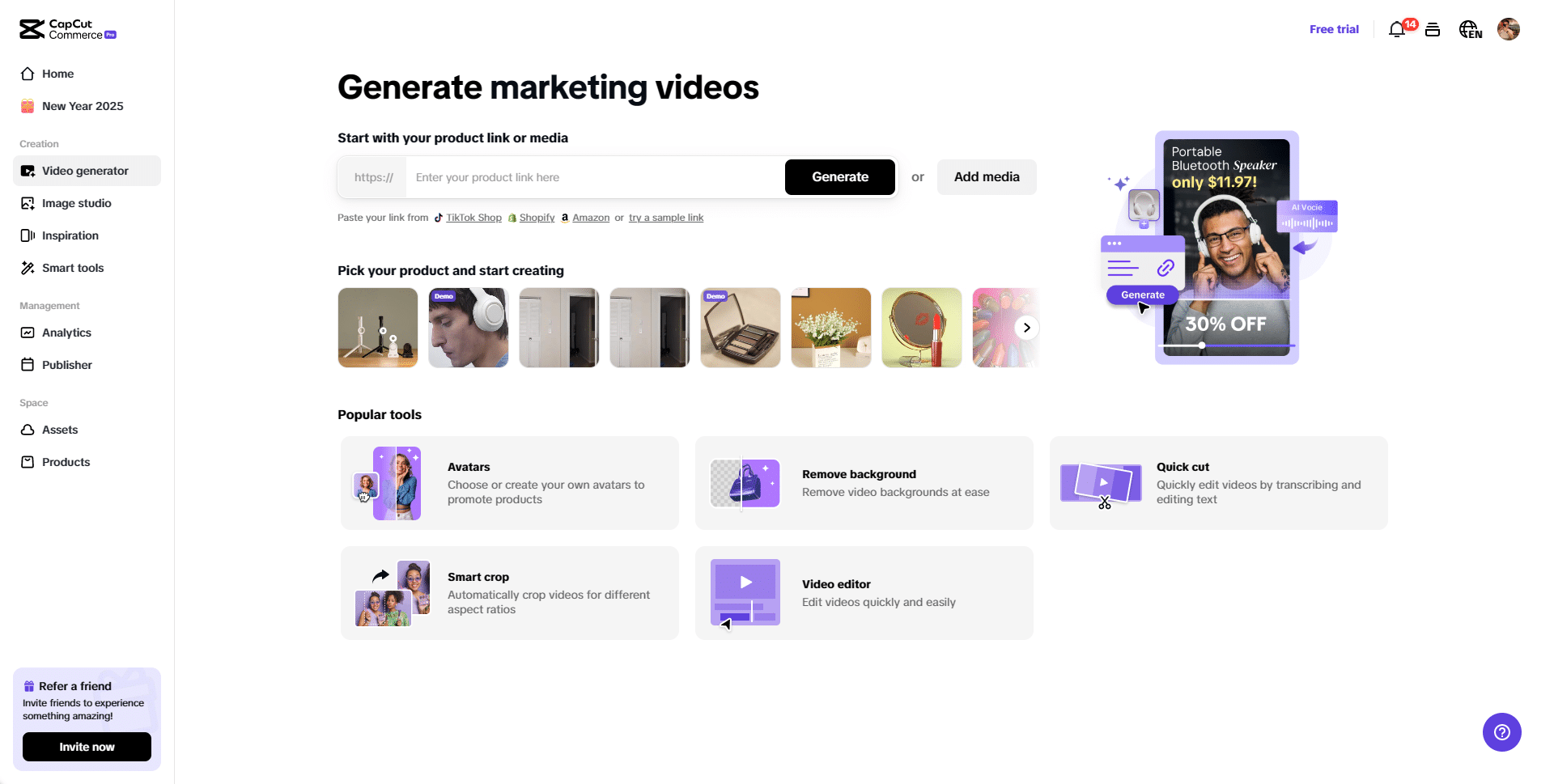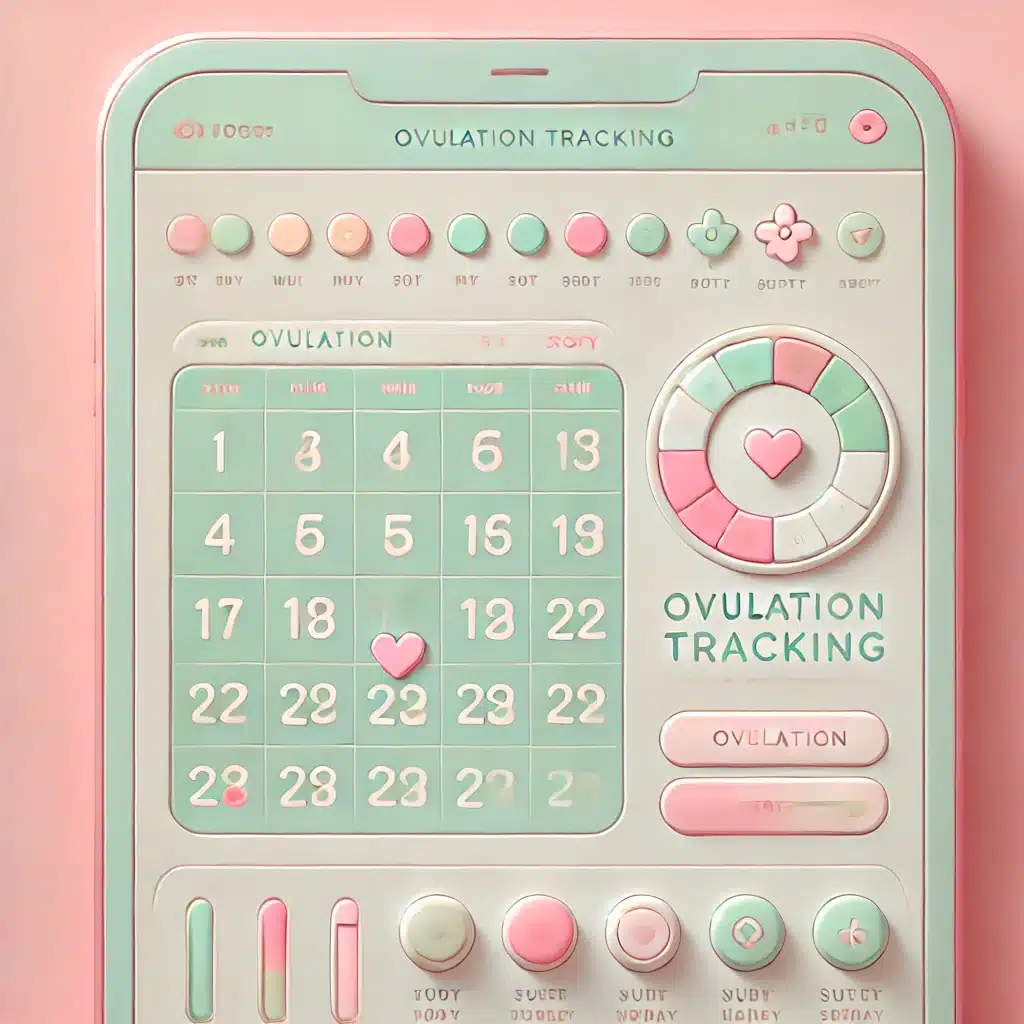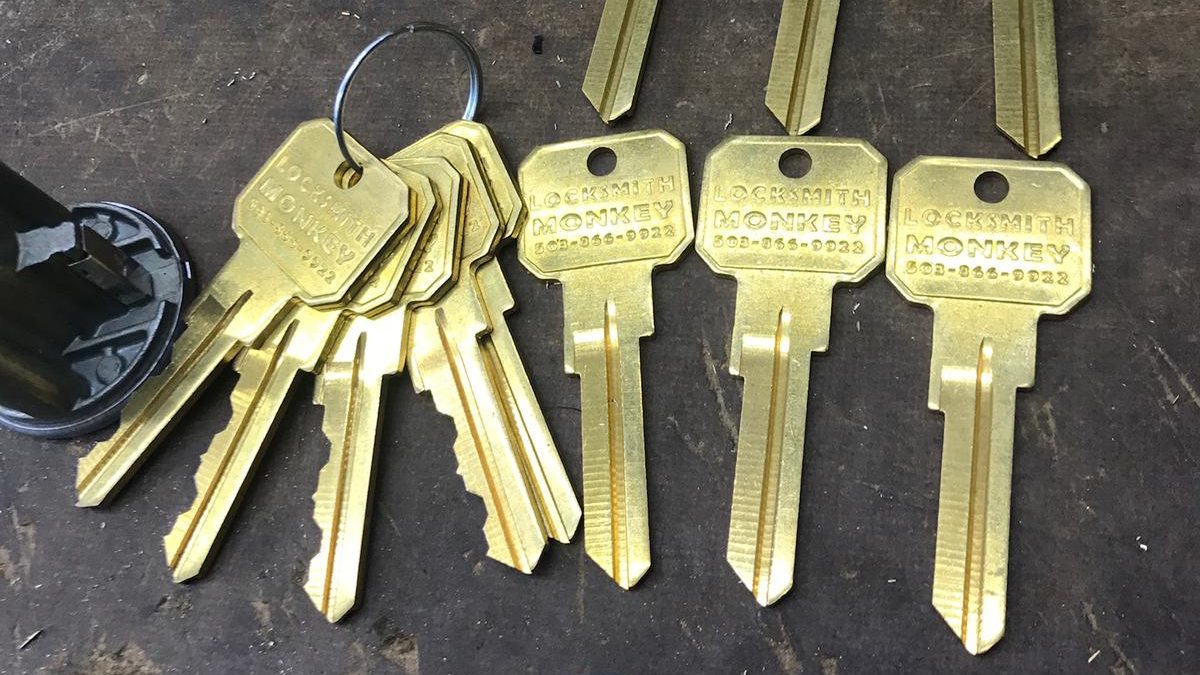
Let’s get real: Between school drop-offs, soccer practice, doctor’s appointments, and the never-ending stream of dishes and laundry, the notion of managing a budget can feel like just one more To-Do on your never-ending list. But here’s the thing: Getting your finances in order doesn’t have to be one more source of stress in your life. In fact, a little planning and a few simple strategies can help you develop a budget that works for you-without all the overwhelm.
So, then, how do you manage money if you already have a super busy life? Let’s get into some of the practical advice that will be helpful in keeping you focused even when everything else tries to pull you in so many different directions.
Start with a Clear Financial Picture
Before you get the ball rolling on budgeting, however, you need to know what you’re dealing with. It’s all perspective-kind of like a map; you need to know your start so you know your destination.
Track Your Income and Expenses
Start with your income; this should be the relatively straightforward part, fingers crossed that a paycheck or two is coming in. Next, have a closer look at your expenses. Just how much are you spending on groceries, utilities, childcare, insurance, and those little “extras” that somehow creep up on us-those impulse online shopping sprees? Herein lies the goal of being cognizant of where your money is going.
Set Some Financial Goals
Once you know where your money is going, then it’s time to set some goals. And don’t worry, these goals don’t have to be huge, lofty dreams like buying a house or retiring early-although if that’s your goal, more power to you! Start with small, manageable goals. Maybe it’s saving up for a weekend getaway or putting aside enough for a family birthday party.
And yes, let’s not forget big goals: a little emergency fund, a solid retirement plan, or maybe a college savings account for the kids. The key is being real about what you can pull off now versus what’s for later. You can always adjust as life does.
Create a Simple Budgeting System
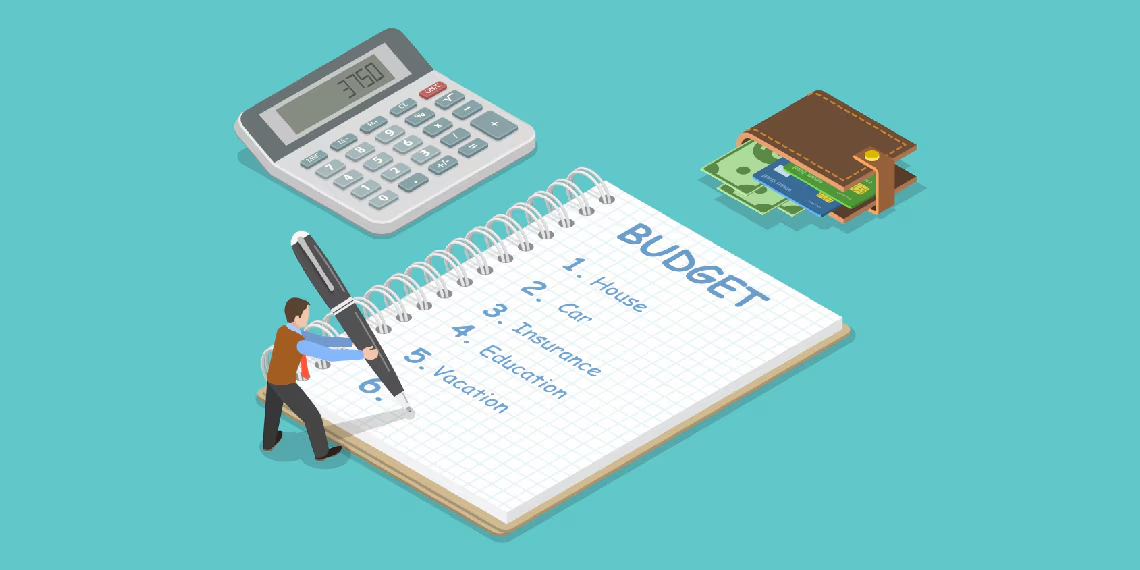
Now that you know where your money is going, and what you’re working toward, it’s time to build a system that works. And the best news? You don’t need some complicated spreadsheet or fancy accounting software to get started.
Choose a Budgeting Method That Works for You
There are various ways to structure your budget, but it is always the same idea: keep your spending at a minimum and work towards your goals.
- Zero-Based Budget: This means that every single dollar you bring in has a job-either it’s going to bills, savings, or that latte you indulge in once in a while. The idea is by month-end, you’re “zeroed out” so there is no money left unaccounted for.
- The 50/30/20 Rule: If you find the zero-based budget a bit too rigid, then this rule is slightly more flexible. You allocate 50% of your income to needs, 30% to wants, and 20% to savings or debt repayment.
- The envelope system: This is one low-tech approach. You put cash into envelopes labeled for various spending categories, say groceries, entertainment, and household items. When the envelope is empty, you’re done spending in that category for the month.
You can even combine different methods for what works for you. For instance, you may use the 50/30/20 rule for your overall budgeting, but then use an envelope system for discretionary spending. It’s all about finding a system that feels doable and sustainable.
Tips for Sticking to Your Budget
The important part is here: sticking to the plan is never easy when so many things vie for your attention and buck. Here’s how you can lighten the load a little:
- Automate Bills: Make utilities, mortgage/rent, and subscriptions automatic payments so that you won’t forget them and it will free mental energy for other areas.
- Meal Plan: One of the quickest ways to flush money out the door is by not meal planning and ordering takeout every night. Putting just a little bit of time in your week planning meals will amaze you at how fast those savings add up.
- Use Savings to Pay Down Credit Card Debt: If you find yourself with extra funds at the end of the month, consider using it to pay down high-interest credit card balances and lower credit card debt. This will not only help you save on interest, but it will also give you more financial freedom in the long run, making it easier to stick to your budget and avoid falling into a cycle of debt.
Get the Family Involved in Budgeting
Chances are you’re one of the busiest mom’s out there. For many of us, life moves with all the grace of a well-oiled machine until it comes to handling family finances. Budgeting works much better-and better-if the whole family gets involved.
Time to Talk About Money
First, sit down with your partner-if you have one-and get on the same page. Discuss money openly, most especially if you’re striving towards some shared goals. Whether cutting takeout down or putting a savings fund together for a family vacation, everyone needs to be on board.
Get the Kids Involved, Too
Even the tiniest can begin to grasp the concept of a thing or two about money. The time the kids should be told more about mortgages hasn’t yet arrived, but basic notions that saving for a toy or want versus need may instill some good habits with your finances in them. Let your older children start saving with a small allowance while learning to budget it.
When the entire family is on the same page, budgeting becomes exponentially less stressful-and it becomes a team effort rather than a solo mission.
Finding Time to Budget Amid the Chaos

Let’s face it-life’s busy. Between work, school, activities, and everything else, it can be impossible to carve out time for things like budgeting. But here’s the good news: you don’t need to spend hours every week on it. Just a few minutes here and there can make a big difference.
Set a Weekly Money Date
Designate a specific time every week-it could be every Sunday evening after the kids are asleep, or it could be over your lunch at work-and commit 15-30 minutes to your finances. This is when you can check in on your budget, track your spending, and ensure you are still on target. It should become as routine as grocery shopping or cleaning out the car. It doesn’t have to be perfect, just consistent.
Put in Time-Saving Tools
We are living in a world full of time-saving tech, so why not use that to our advantage? There are apps that can automate a lot of the tracking for you, so you don’t have to do all the work yourself. Heck, you can even set up notifications to let you know when you’re nearing your budget limit in certain categories. It’s like having that little assistant who keeps you on track.
Make Your Budget Flexible
Life is unpredictable. Your budget should be, too. Sometimes the unexpected occurs: a car breaks down, your dog needs an emergency vet visit, or your kid comes home from school needing a new pair of shoes-because, of course, they’ve outgrown last season’s. That’s why it’s so important to keep your budget flexible.
Plan for the Unexpected
Having a small emergency fund-even if it’s just $100-can save you from feeling panicked when something unexpected comes up. It doesn’t need to be huge, just enough to cover little emergencies until you can adjust your budget.
Adjust as Needed
This may have to be done if, midway through, the budget turns too tight, and things don’t come up to plan. Perhaps this requires cutting entertainment spending by an entire month, or that savings goal has to take a hit temporarily because the odd thing’s coming in that really has to be covered. Again, just be sure that you stay flexible to switch back if your circumstances of life change.
Celebrate Your Wins
Additionally, you should not forget to celebrate your milestones. Paying off a credit card, achieving a savings milestone, or perhaps sticking to your budget for the month-all are good reasons to pat your back on the back. Small wins add up, and they are a great way to keep you motivated.
Conclusion
Budgeting is not necessarily stressful, nor should it become just one more item on your overflowing plate. Track your spending, create attainable goals, and then find a system that you are comfortable with, and before you know it, managing your money is less overwhelming and much more empowering. Remember, the key to budgeting is small, incremental steps with consistency.
So are you ready to get started? Choose a budgeting approach that works for you, grab your partner and kids, and dive in. Your future self will thank you!


















